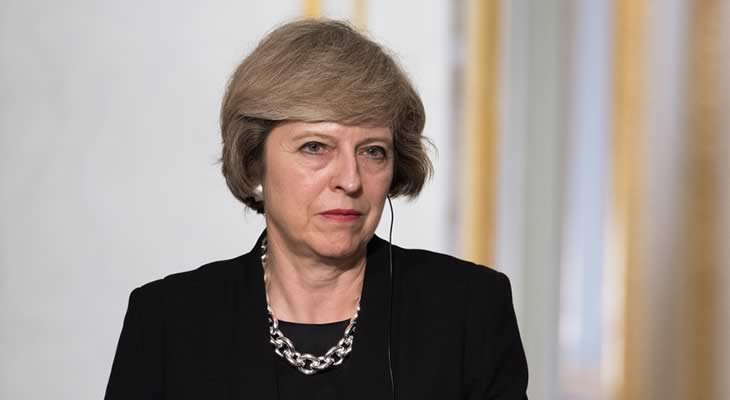The Pound Euro exchange rate has failed to sustain any notable gains this week. Solid Eurozone ecostats as well as rising UK general election jitters has put their pair under pressure.
On Friday, GBP EUR remained within half a cent of the week’s opening level of 1.1450. The pair is unlikely to end the week much higher or lower than this level.
While this week’s UK data has been largely optimistic, with manufacturing and construction PMIs beating expectations, the Pound’s outlook has become considerably uncertain as the UK general election race suddenly becomes much closer.
More and more recent UK election polling results indicate that the opposition Labour party is gaining late, unexpected ground against the Conservative party.
This is partially due to controversial social care ideas proposed by the Conservatives, as well as stronger rhetoric from Labour leader Jeremy Corbyn in recent weeks.
YouGov’s latest poll shows the Conservatives with 42% of the vote and the Labour party with 38%. This is just a three-point difference, the tightest it has been in this election cycle. The same poll projects that the Conservatives will come in short of the number of seats needed to form a majority government.
This could lead to a briefly ‘hung parliament’, meaning yet more uncertainty for Pound traders.
Other polls typically show the Conservatives with a bigger lead over Labour, but even the latest Panelbase poll showed the Conservative lead thinning from 15 to just 8 points.
With the momentum appearing to be on Labour’s side with just a week to go, uncertainty in foreign exchange markets is high with investors hesitant to act on the Pound in this situation.
Neither a Conservative or Labour win would be bad for the Pound in the long-run, however.
Sterling will gain if the Conservatives win a bigger majority than in 2015 as most pollsters have predicted in the past few months.
If the Labour party forms a government it claims it would fight for access to the European Union’s single market as well as freedom of movement. This would ultimately be Pound positive.
However, one Pound negative scenario is looking increasingly possible – a hung Parliament.
If the Conservatives fail to win enough seats to form a majority government a ‘hung Parliament’ will occur and parties will discuss whether or not to make a coalition or run a minority government.
This would ultimately leave any given party with far less sway in Brexit negotiations. As UK Prime Minister Theresa May called the election in the first place in the hopes of winning a stronger majority, a ‘hung Parliament’ outcome would certainly weaken Sterling in the long run.
Speculation is mounting that this outcome is possible thanks to tightening polls, meaning the Pound outlook could become much rougher.
As well as the UK general election, next week will also see the European Central Bank (ECB) hold its June policy decision. The ECB is not expected to make any changes, but the Euro outlook could improve if ECB President Mario Draghi indicates that the situation in the currency bloc is improving.
Next week’s UK data will unsurprisingly take a backseat to election jitters, but if May’s services PMI falls short of expectations this is likely to dent long-term Pound optimism.
At the time of writing this article, the Pound Euro exchange rate trended in the region of 1.1460. The Euro to Pound exchange rate traded at around 0.8625.


Comments are closed.